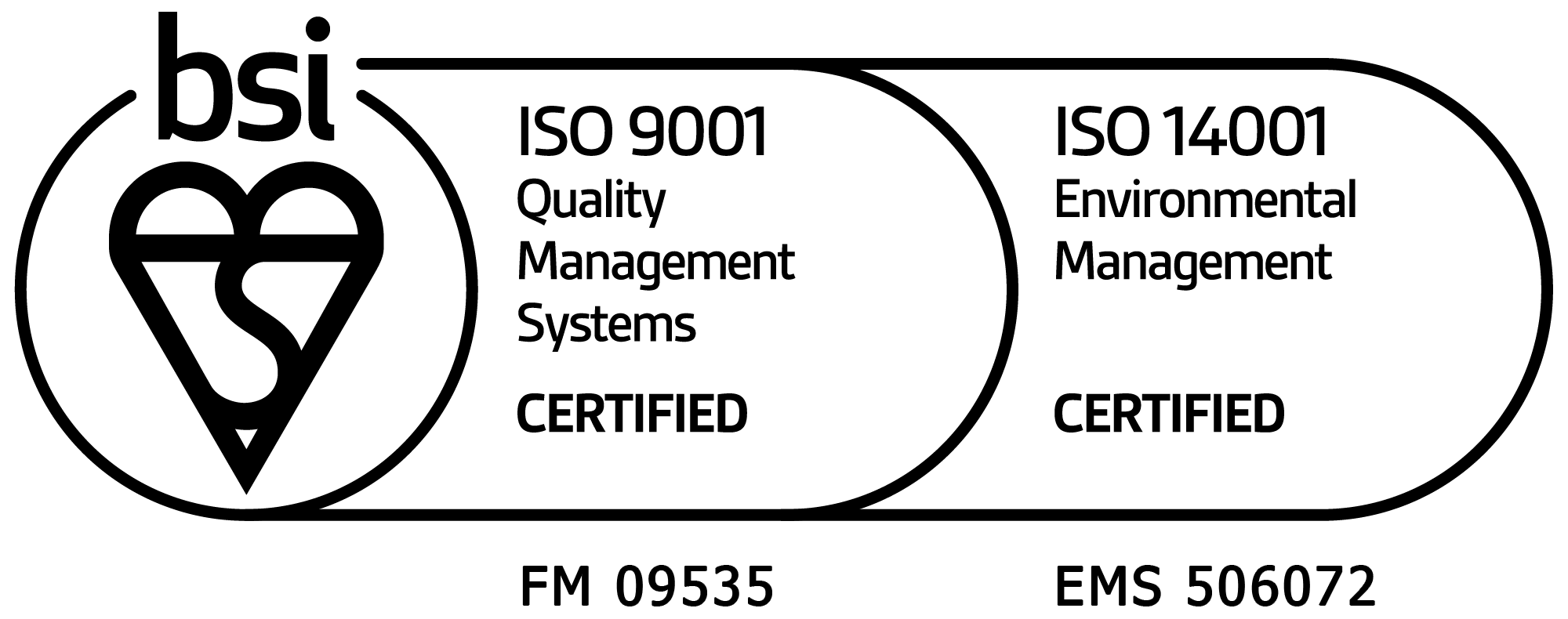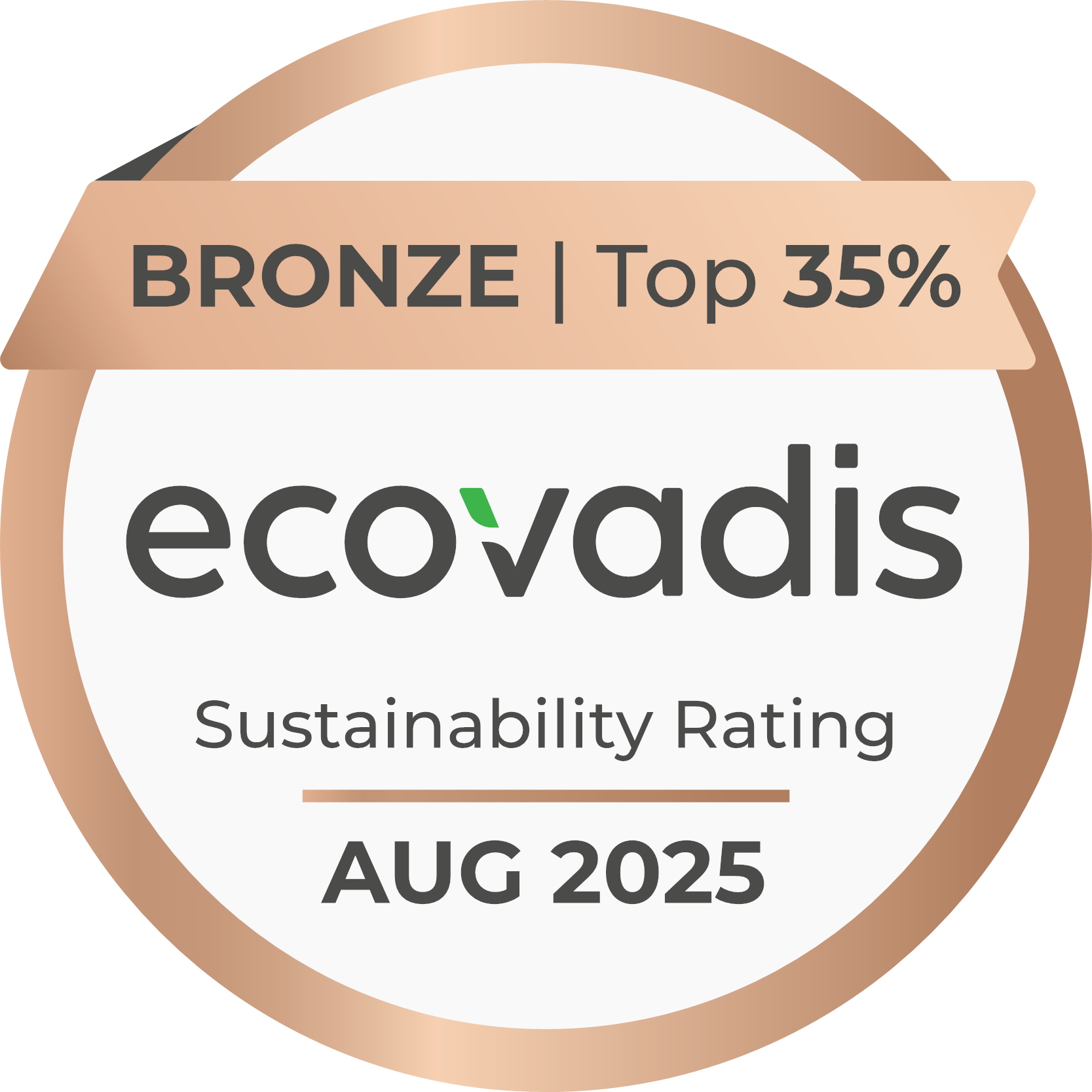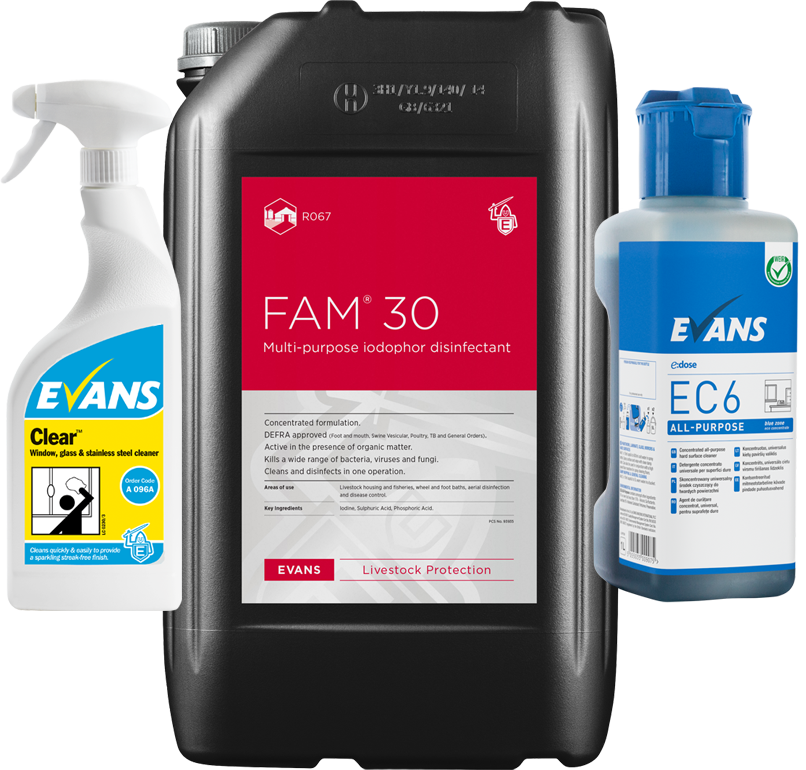13 December 2019
As a British manufacturer operating in the chemical sector, we are aware of the impact which we may have on the environment. Our chemicals comply with all the relevant European legislation and we are committed to developing products which provide optimum performance with minimum effect on the environment.This commitment extends to all areas of our business, encompassing the manufacturing processes, waste management, recycling and energy saving. We have signed up to a scheme set up by our local chambers of commerce, which is aimed at helping businesses improve energy and environmental efficiencies, introduce on site renewable energy generation and reduce their carbon footprint.
Some of our achievements this year include:
- ZERO waste to landfill with a recycling rate of 97%
- Water to drain decreased year on year; down by 7% in 2019
- Energy consumption reduced in main manufacturing unit; gas usage down by 11%
The use of plastic packaging is a high priority, both throughout the sector and here at Evans Vanodine, where we are implementing the use of recycled packaging where possible, whilst complying with industry regulations.
At Evans Vanodine, we will continue to explore options to increase our sustainability credentials, whilst manufacturing products of the highest quality and standard, which we pride ourselves on.
We have produced our ‘Sustainability Brochure’ to highlight all the ways in which our business is helping to preserve our planet. This is an on-going document, which you can view and download HERE.
You can also download a copy of our 'SOURCING & LIFE CYCLE' statement of intent HERE.
“Sustainable development is development that meets the needs of the present without compromising the ability of future generations to meet their own needs.”
Bruntland Report for the World Commission on Environment and Development (1982)












